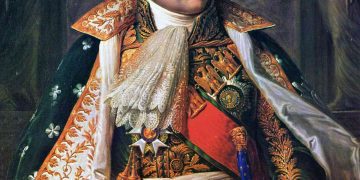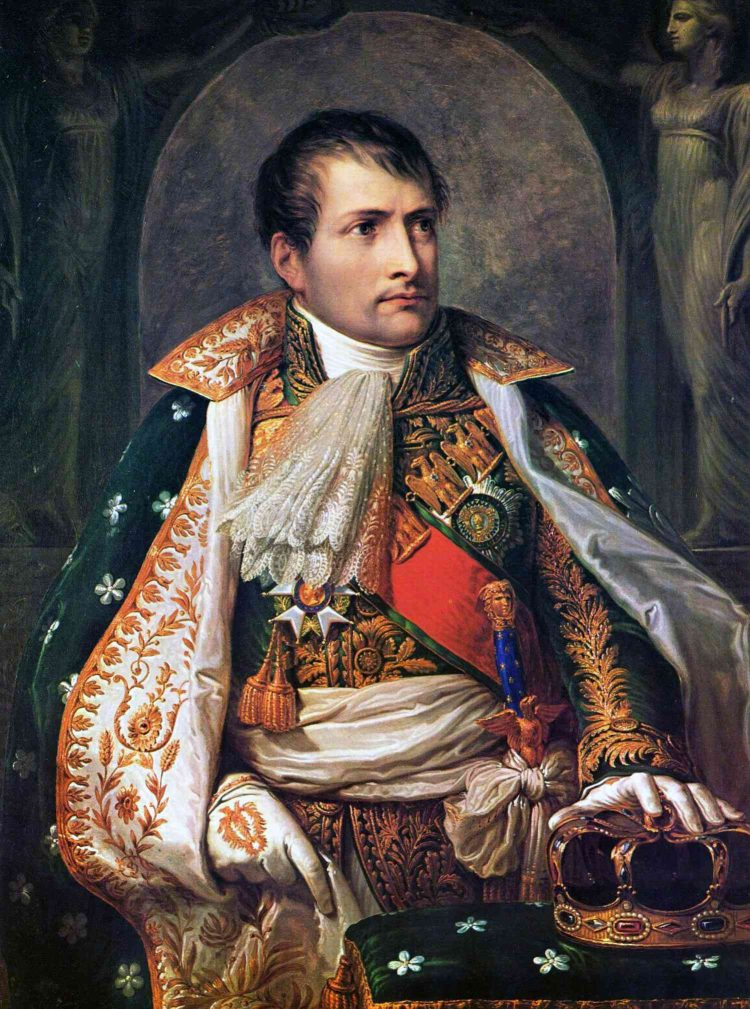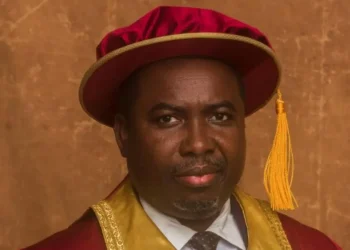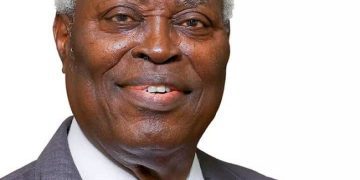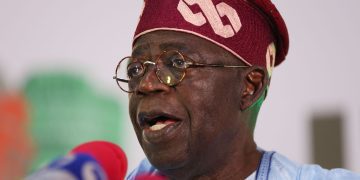A legendary character in European history, Napoleon Bonaparte (1769–1821) was known for his ambition, political savvy, and military brilliance. Napoleon, who rose from obscurity to become the Emperor of France, changed the political climate in Europe and forever altered the path of human history. Here’s a closer look at this mysterious leader’s life and legacy:
Early Life and Military Career:
On August 15, 1769, Napoleon was born in Corsica, which was then a part of the French Republic. During the turbulent years of the French Revolution, he progressed swiftly through the ranks of the French army despite coming from modest beginnings. He also acquired a military education in France. His early combat victories brought him praise and fame, which helped to fuel his quick ascent to prominence.
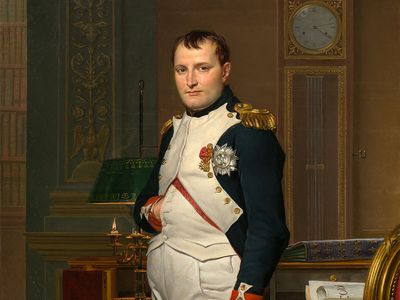
Rise to Power:
The rise of Napoleon Bonaparte to power in 1799 was a watershed in the history of both France and Europe. During the turbulent French Revolution, which was marked by social unrest, political upheaval, and economic instability, Napoleon Bonaparte rose to prominence as an ambitious and charismatic leader who could bring stability and order back to a country that was in dire need of it.
Napoleon Bonaparte took advantage of the instability of the times to plan a coup d’état on November 9, 1799, or 18 Brumaire in the French Revolutionary calendar, which resulted in the fall of the ruling class and his appointment as the First Consul of France. His political ascent and the solidification of his authority over the French state began at this point.
Napoleon quickly put into effect a number of changes as First Consul with the goals of upgrading the armed forces, bolstering the central authority, and stabilizing the economy. As a prelude to his grand plan of conquest and expansion, he enacted laws that modernized the legal system, stimulated the economy, and streamlined government operations.
Napoleon Bonaparte started a ruthless military conquest campaign that would change the political landscape of Europe during the course of the following ten years. Napoleon’s army pushed aside opposition and achieved win after victory, establishing France as the dominating power on the continent, from the plains of Italy to the sands of Egypt and the heartland of Europe.
Major military victories like the Battle of Austerlitz in 1805 and the Battle of Marengo in 1800 cemented Napoleon’s standing as one of the greatest military leaders in history. His creative strategies, along with his troops’ discipline and morale, allowed him to overcome greater numbers and vanquish strong opponents.
Napoleon Bonaparte had essentially turned France into an empire by the end of the first decade of the 19th century, and he was the unquestioned ruler of this realm. His political reforms and military prowess had made him a legendary figure, dreaded by his foes and admired by his admirers.
Napoleon’s reign, sometimes referred to as the Napoleonic Era, had a profound impact on European history, influencing politics, society, and culture for many years to come. It was also a period of strife, turmoil, and misery as a result of Napoleon’s desire for supremacy, which sent Europe into a string of catastrophic wars that finally brought about his collapse.
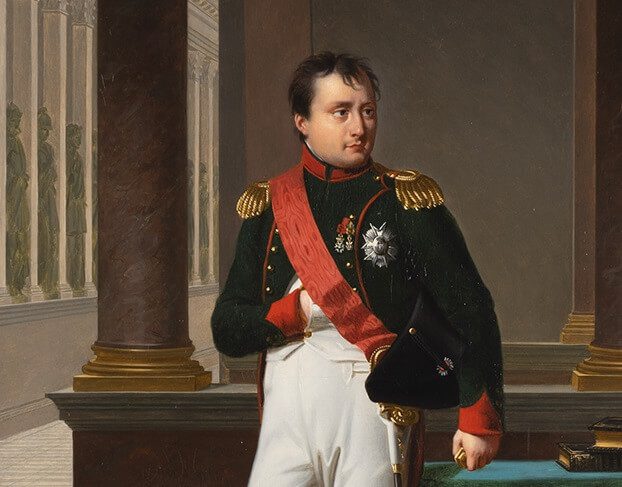
Military Conquests and Empire Building:
Napoleon Bonaparte gained recognition as one of the greatest military leaders in history as a result of his quick, cunning, and inventive military campaigns. Napoleon Bonaparte’s soldiers pushed away opposition and seized large regions, from the Italian Peninsula to the coasts of Egypt and the heart of Europe, forming an empire that stretched throughout much of continental Europe.
The Napoleonic Code and Reforms:
Napoleon Bonaparte modernized and centralized the French state through a number of reforms he carried out when he was king of France. The Napoleonic Code, a comprehensive legal system that codified laws pertaining to property, governance, and civil rights, is his most enduring legacy. Napoleon’s reforms, in spite of his authoritarian tendencies, created the conditions for Europe’s development and the dissemination of democratic values.
Downfall and Exile:
Napoleon’s demise was ultimately caused by his military ambitions. Napoleon Bonaparte was compelled to resign as Emperor in 1814 after losing a string of expensive wars, which included the catastrophic invasion of Russia in 1812. He was then banished to the island of Elba. Nevertheless, he would mount a stunning recovery, dubbed the Hundred Days, prior to losing the Battle of Waterloo in 1815.
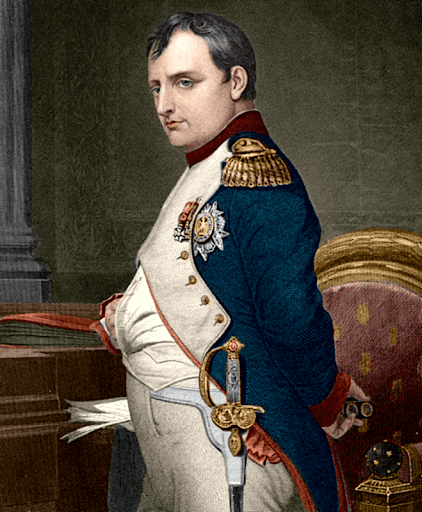
Legacy and Impact:
The legacy of Napoleon Bonaparte is nuanced and contentious. He is seen by some as a visionary leader who popularized the principles of the French Revolution and transformed Europe. Others view him as a despot and belligerent whose conquests caused enormous amounts of death and destruction. Napoleon’s reforms and conquests have left a lasting mark on the geopolitical landscape of Europe and beyond, but there is no doubting his influence on the development of world history.
Eternal Fascination:
Napoleon Bonaparte’s life and legacy have inspired innumerable literary, artistic, and scholarly creations, and he continues to be a subject of ongoing intrigue and controversy. His ascent from lowly beginnings to the position of Emperor of France, his military prowess in combat, and his final fall and banishment stand as a monument to the complexity of ambition, power, and human nature.
